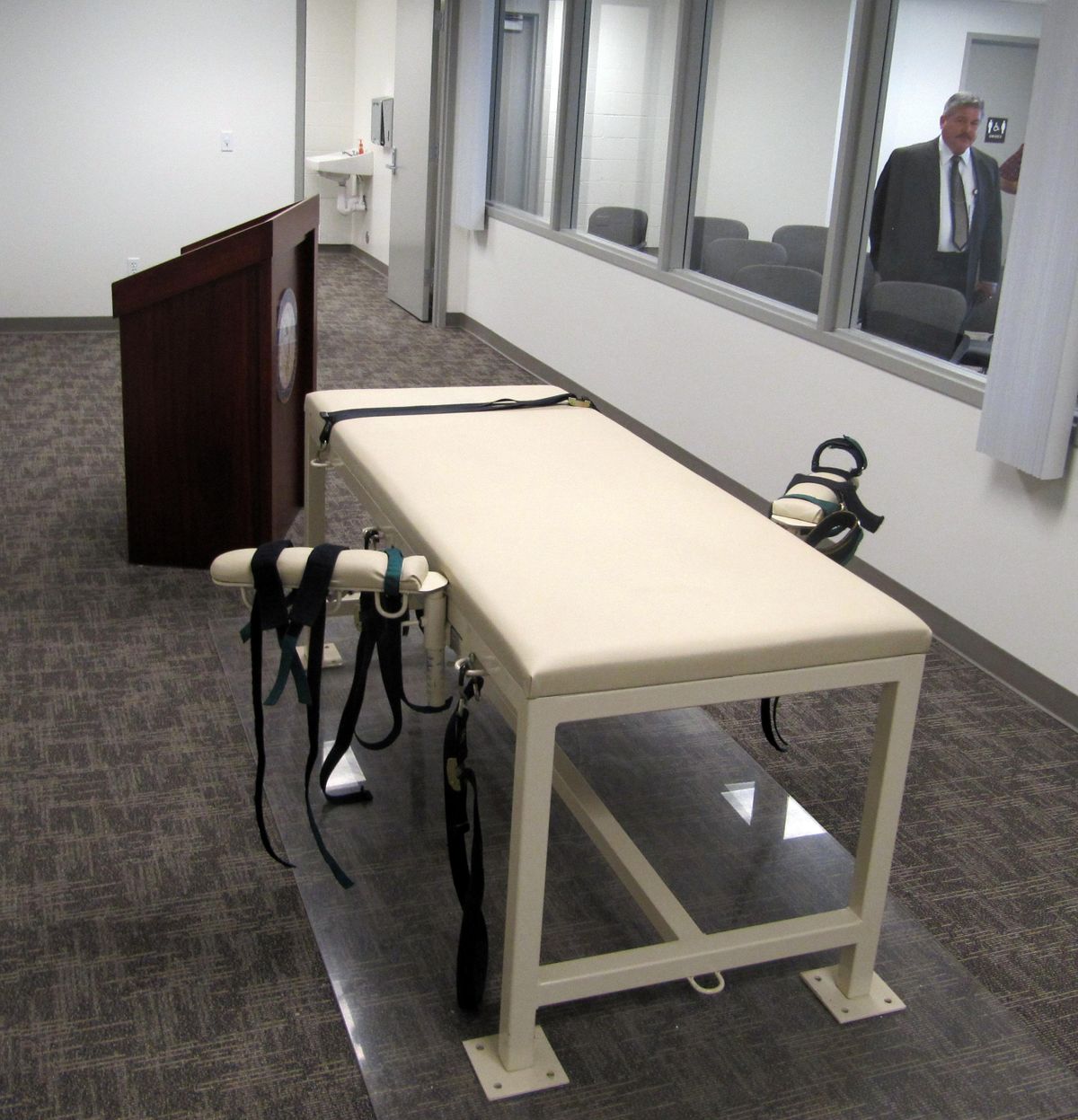Witness: Prison officials kept misleading financial books

BOISE – A former Idaho Department of Correction employee testified Friday that prison supervisors kept three sets of financial books in an effort to hide the full costs of lethal injection executions from the public.
Another employee testified that in an unusual move, two top prison officials were listed on financial documents as “vendors” for execution-related purchases totaling more than $26,000, made in cash.
The testimony came in a lawsuit against the Idaho Department of Correction by University of Idaho professor Aliza Cover, who sued after the department largely turned down her 2017 public records request for execution-related documents.
Joanne Sooter was a purchasing agent for Idaho Department of Correction during the 2011 execution of Paul Ezra Rhoades and the 2012 execution of Richard Albert Leavitt.
Sooter, who now works for the Idaho Department of Health and Welfare, told 4th District Judge Lynn Norton that her IDOC supervisor created three sets of records because the department wanted to hide the full cost of lethal injections from the public.
Sooter says department officials anticipated a high level of public interest in the executions and wanted to be prepared for any requests for execution-related financial documents under the Idaho Public Records Act. The first set of books was intended to be given out in response to those requests, she said.
“My understanding was they didn’t want to show a tremendous amount of money being spent for the execution,” she said. “So, the first set would be a lower amount to not represent the total of what was being spent, and the second one had a little higher amount just to show due diligence – that there was work being done to capture all the amounts.”
She said officials hoped the second set of books would appease any persistent information requestors, staving off additional inquiries.
“And the third was the actual set of books that would actually represent the expenses,” Sooter said.
IDOC employee Theo Lowe was Sooter’s supervisor at the time. She told the judge that she didn’t keep multiple sets of books but rather followed standard accounting procedures, with all of the expenses flowing through her department’s general ledger and documented in routine and regular financial reports.
She said there were some fixed asset costs, however, incurred when the state had to remodel a building to construct a new execution chamber before Paul Ezra Rhoades’ execution in 2011 to replace the single-wide trailer that had been used for the previous execution more than a decade earlier.
Those costs were facility related, Lowe said, because the room would be used for future executions as well, and so she didn’t believe they should be listed as part of Rhoades’ execution cost totals.
The document detailing the construction costs was marked with the phrase, “This is a confidential document and not for publication to the offenders or the public.”
“Really it’s irrelevant, I think,” Lowe said of the remodeling costs. “It could be made available, but it didn’t seem like (public information requestors) would need to have that, I guess.”
Lowe also testified about unusual purchases made in cash for the executions. The department has almost entirely phased out the use of cash because of the financial risk it presents, she said.
But for the Rhoades and Leavitt executions, top IDOC brass was given large amounts of cash to make purchases. She said the exception was made because there were expenses “that were going to come up at night or on a weekend that were just unusual expenditures and difficult.”
She said she created a special cash log to track those expenses, listed in the financial documents as a payment of $10,372.25 and another of $16,383.
“I can’t tell you what the needs were or why they needed it so fast,” she said.
Cover, who filed the lawsuit, testified that IDOC Board of Correction meeting minutes made reference to the cash as being used for the purchase of execution drugs.
Closing arguments in the lawsuit are expected Monday.